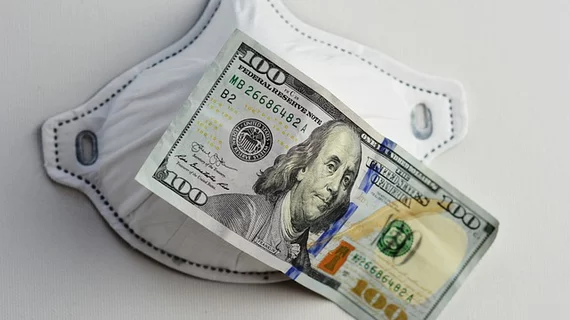RSNA’s $30M policy did not insure against COVID-19 cancellation, judge rules
The Radiological Society of North America is not owed losses it earned after canceling its in-person annual meeting last year due to the COVID-19 pandemic, an Illinois federal judge ruled recently.
U.S. District Judge Robert W. Gettleman pointed to RSNA’s $30 million policy with underwriters at Lloyd’s of London, noting a “clear” communicable disease exclusion in the society’s coverage, Law360 reported July 9.
RSNA had the option to buy communicable disease coverage as part of its event cancellation policy, the news outlet reported, but chose not to.
"The obvious intent is that losses caused by a communicable disease that had been declared a pandemic are excluded from coverage," Judge Gettleman said in the July 8 decision.
The dispute dates back to March, when RSNA accused Llyod’s underwriters of not honoring the event policy, arguing a fair reading of the document resulted in “outright confusion,” according to Law360. In addition to the exclusion, the radiology group said there was also an exception in the policy that made it difficult to determine coverage for communicable diseases.
But Gettleman said that wasn’t the case. He did, however, acknowledge the exclusion contained bad grammar and was poorly written.
RSNA 2020 was set to take place from November to December at Chicago’s McCormick Place. The in-person cancellation was the first since 1945.
RSNA did not immediately respond to Law360’s request for comment nor an email request from Health Imaging.
Read the full story below.

